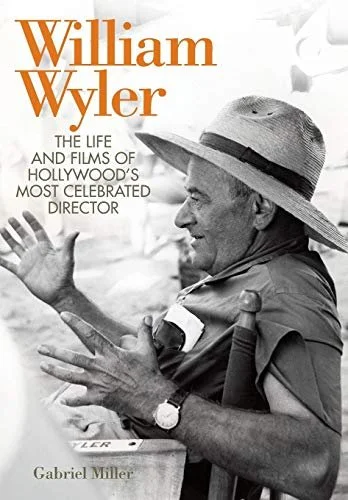This revisionist biography works to re-establish celebrated director William Wyler's critical reputation as a film auteur rather than a mere craftsman, analyzing the development of his cinematic style and following the production histories of his most significant projects, from Hell's Heroes (1930) and A House Divided (1931) to The Collector (1965) and Funny Girl (1968).
As much a work of film criticism as it is a biography, the book examines Wyler's pictures in detail, from The Shakedown (1921) to The Liberation of L.B. Jones (1970), to illustrate how camera angles, transitions, dialogue, narrative structure, and editing demonstrate a distinct style as the director explored a wide range of complex themes.
"It is my hope that Wyler will emerge in these pages not as a mere craftsman but as a significant artist who expressed his ideas and convictions through this films, many of which serve as a testament to a creative talent and a dedicated humanist who was fully engaged by and with his times," writes his biographer, Garbriel Miller.
